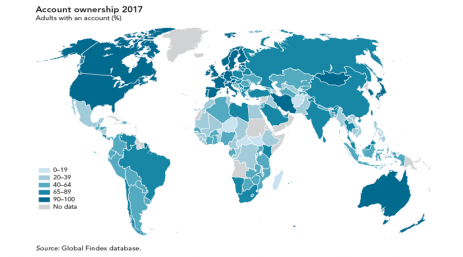Category: Human Development
-
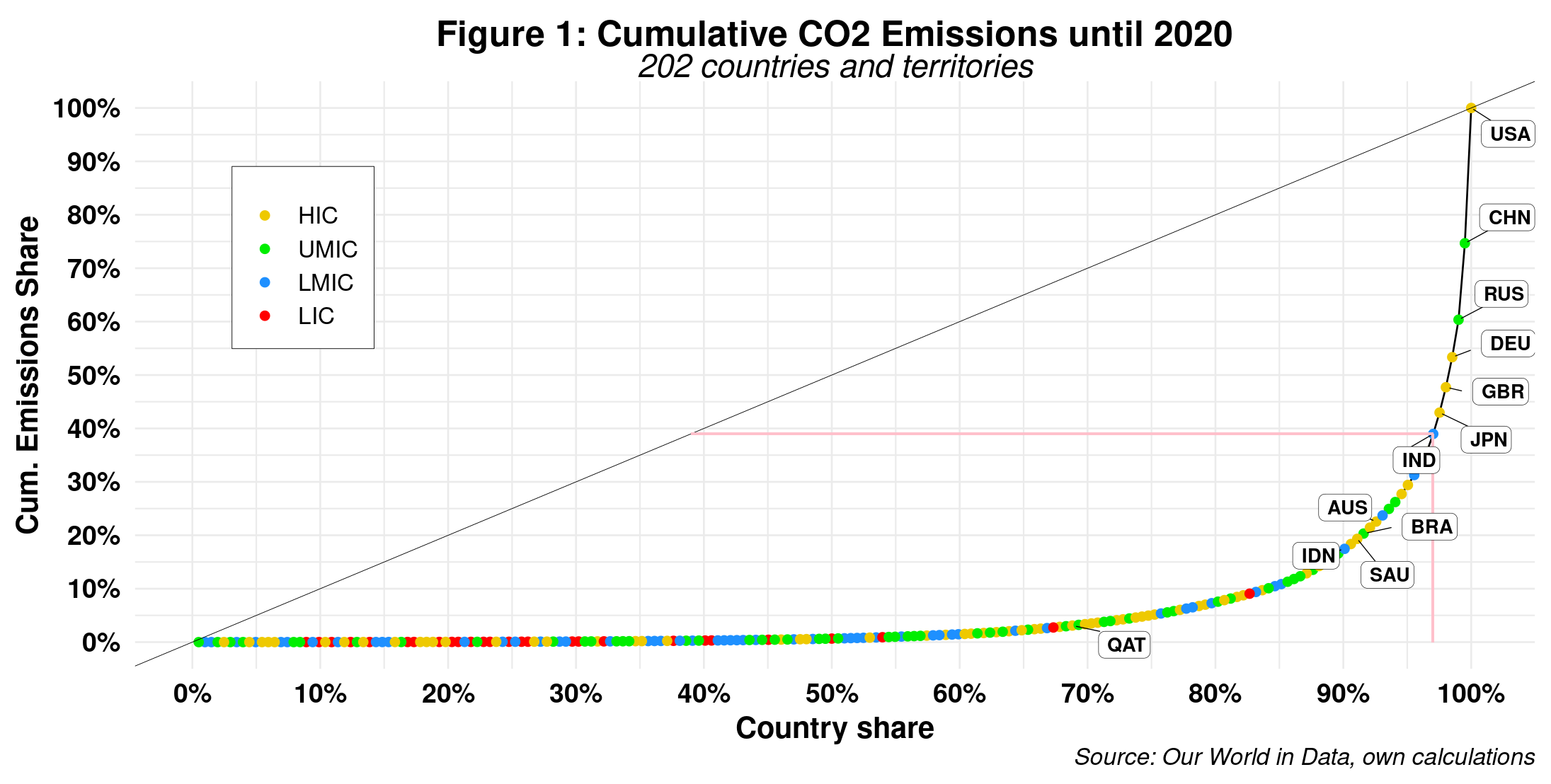
More Carbon Inequality
IPCC reports usually include an annex containing a climate glossary where key terms are succinctly defined. The latest report is no exception, providing an extensive dictionary consuming over 30 pages of text – yet less than 1% of the report’s length. Bringing into the fray four key terms will suffice for our purposes. They are…
-

More Light on Financial Inclusion
In a couple of recent posts, I briefly traced the history of financial inclusion and its links to the emergence and diffusion of digital technologies. A recently published book by Nick Bernards tackles the same issue more comprehensively while taking a more critical perspective. His departing point, however, is not financial inclusion but rather poverty…
-
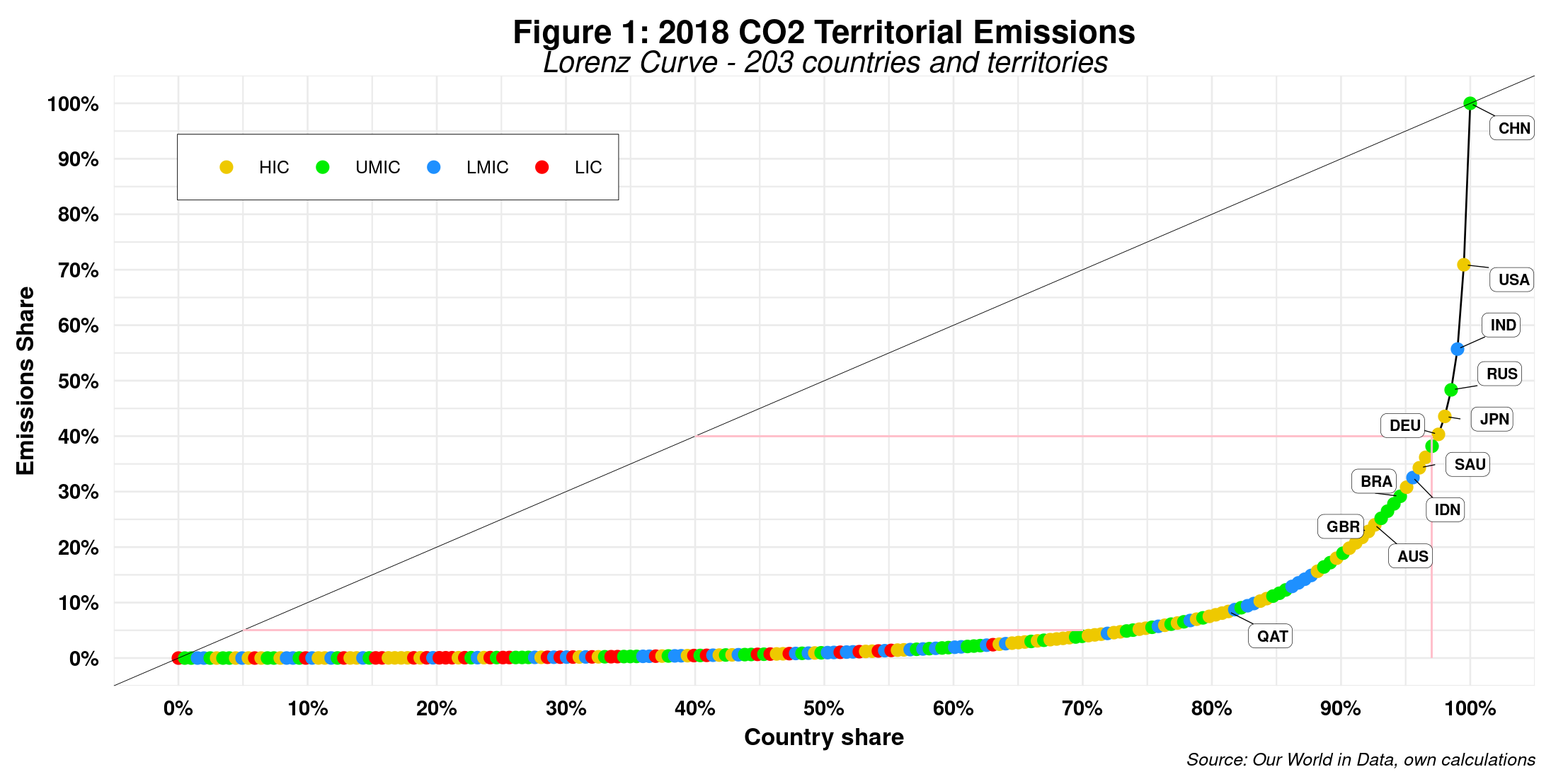
Carbon Inequality
My previous post highlighted a gap between the Glasgow CoP26 mitigation targets and GHG emissions data. The best example here is the selection of methane as a priority while the big elephant in the room, CO2, mentioned in passing, escaped almost unscathed. Indeed one could argue that such global meetings must make choices, some of…
-
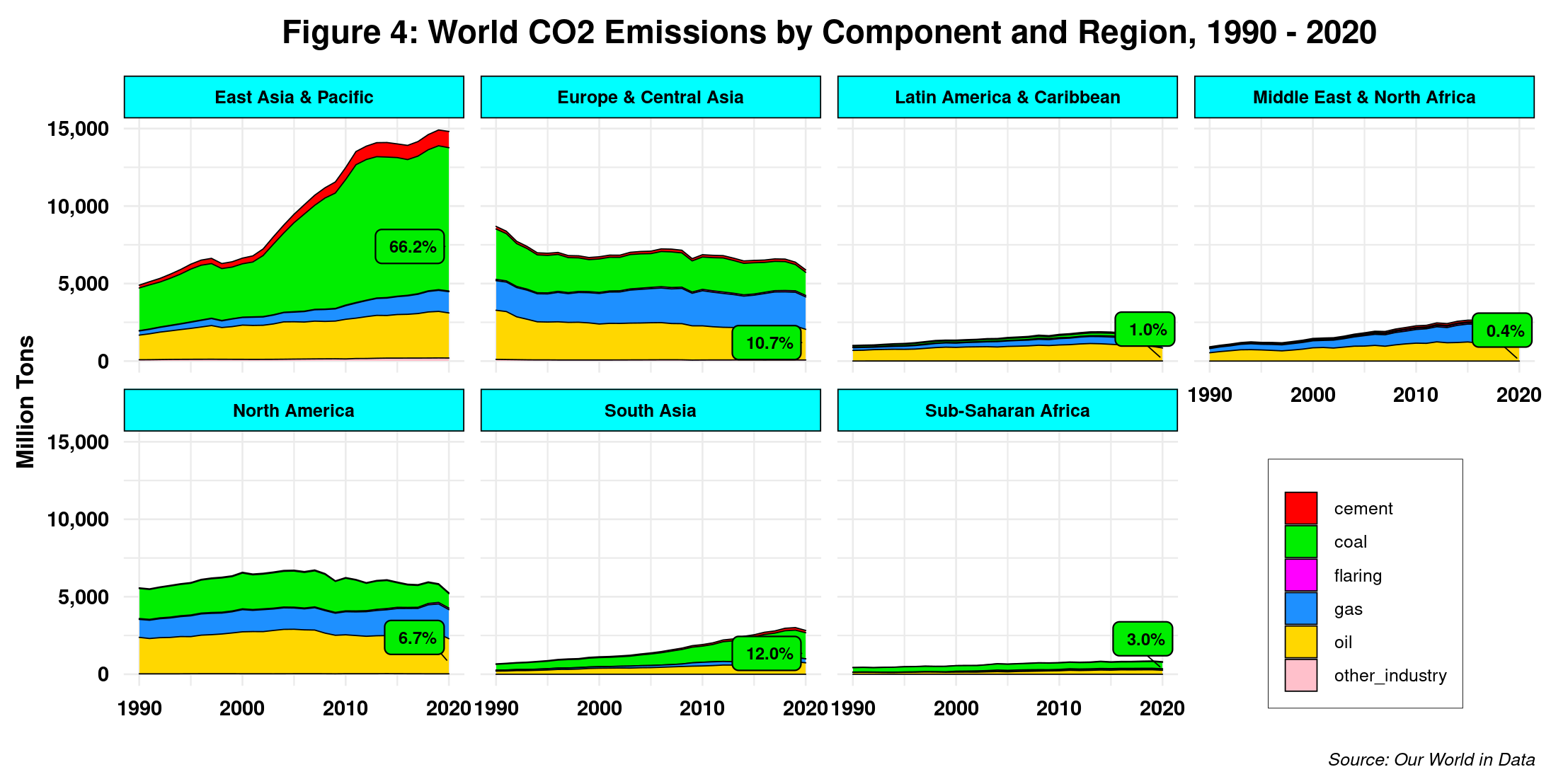
Net-zero Emissions and Developing Countries – II
As discussed in the previous post, low-income and most low-middle-income countries play almost no role in methane emissions. Therefore, embarking on related targets and projects will not make a dent on a global scale. Instead, it might end up increasing foreign debt and diverting from other perhaps more pressing developing gaps, local climate change issues…
-
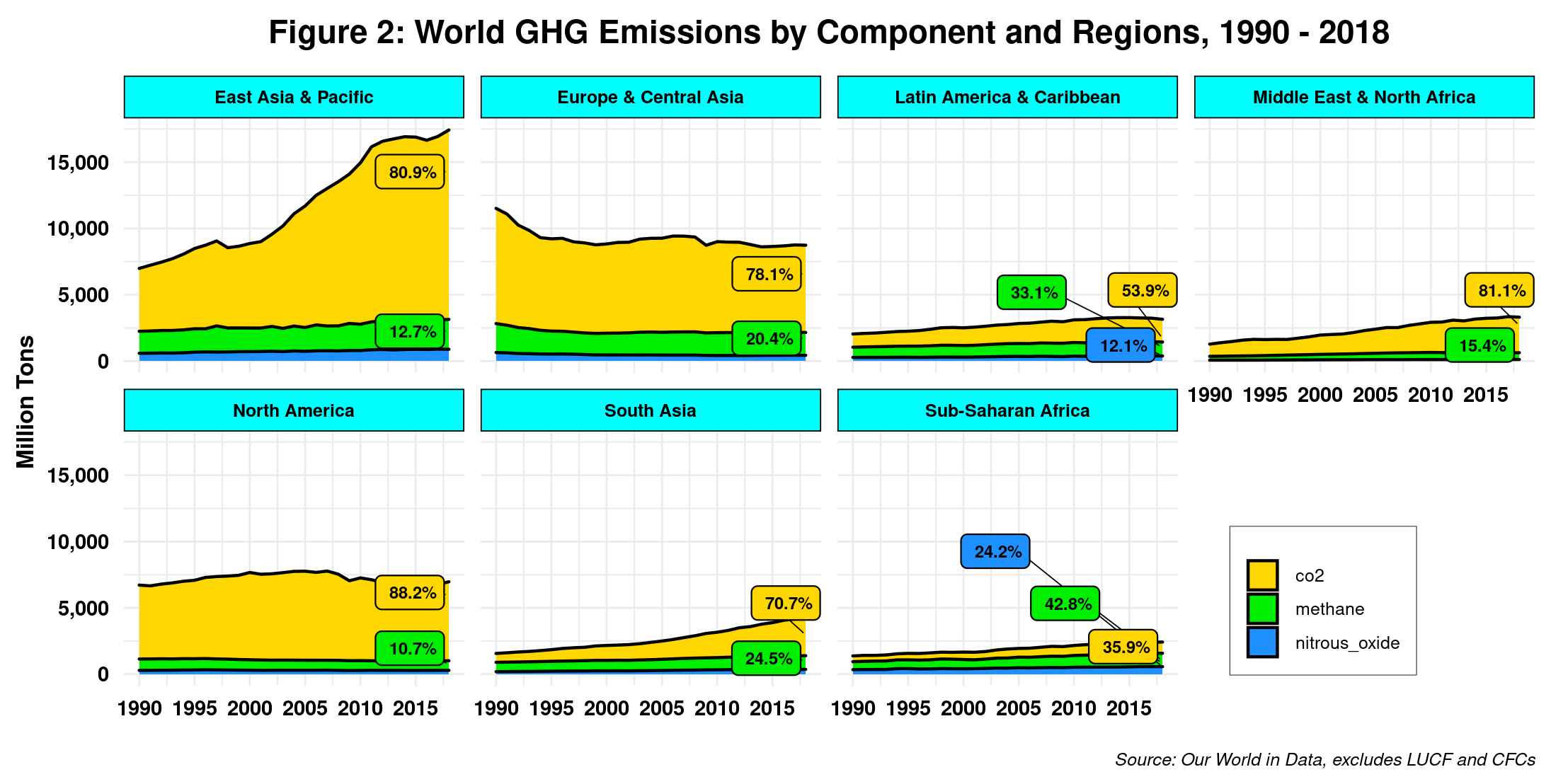
Net-zero Emissions and Developing Countries – I
If Climate Change rings to many of us as an almost insurmountable global challenge, then net-zero has recently emerged as its apparent universal solution. The coin has finally been imprinted with two clearly defined sides, in constant and inseparable opposition. Many would argue that we can sleep well again; the apocalypse has been postponed indefinitely.…
-

Towards a Public Internet?
Memory insists on telling me every so often that the first time I ever used the Internet was at the tail end of the 1980s. A couple of years earlier, the college where I was struggling to finish my Ph.D. (memories of a lost war come back often, too!) had connected, with our help, to…
-
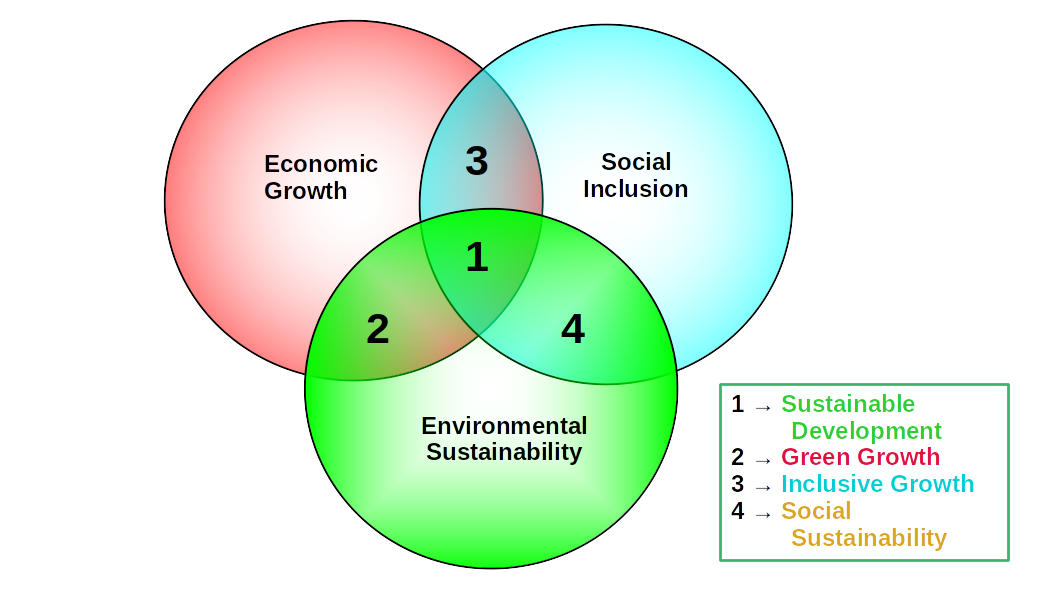
Digital Technologies and Sustainable Development
1. Overall context Much water has already gone under the bridge on this topic. Yet the flow shows no signs of coming to a halt soon. In the early days of the so-called “Internet revolution,” only a few were connecting the two. At the 1992 UN Earth Summit in Rio de Janeiro, which I had…
-

Financial Inclusion and Democratizing Finance – III
Show me the money The impact of initiatives such as Grameen Bank (Village phone included) and M-Pesa is still under discussion. From a poverty reduction perspective, the effect has been much more limited. Many countries in the Global South have managed until recently to reduce the number of people living in extreme poverty. Take Bangladesh.…
-
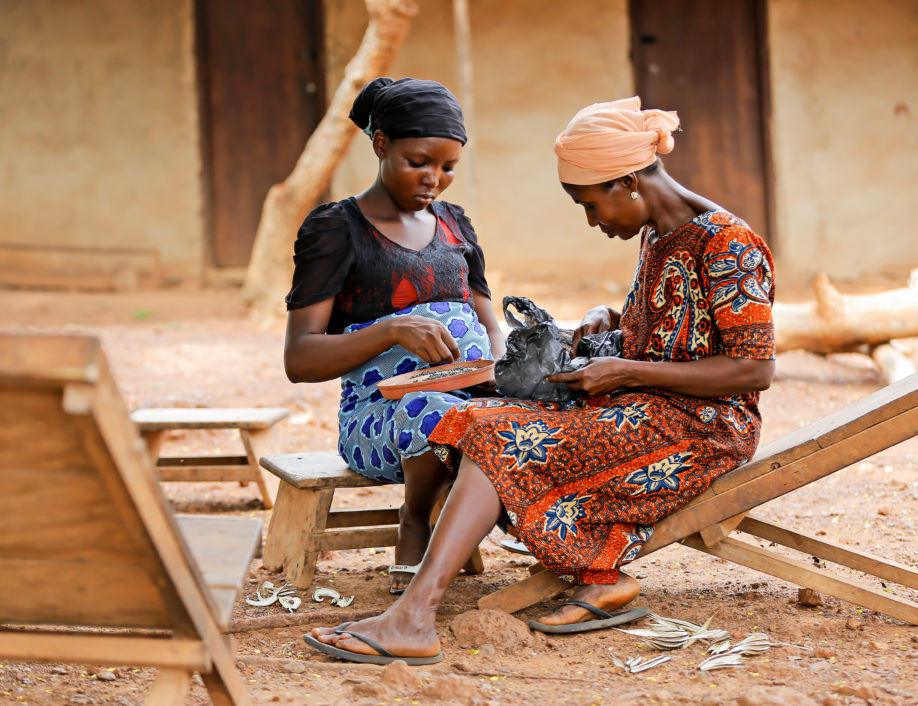
Financial Inclusion and Democratizing Finance – II
Where are the banks? It seems paradoxical that the mainstream history of micro-finance/financial inclusion does not consider banks. After all, banks are supposed to “bank the unbanked.” So banks are not only missing from such a narrative. They are also missing in action on the ground. In principle, banks are the institutions that should cater…
-

The Environment and “Socialist” States
Thirty-six years after it first broke the news for the wrong reasons, Chernobyl is back in the headlines thanks to the horrible and absurd Russian invasion. Sixteen months before the well-known Soviet nuclear meltdown of 1986, a plant located in Bhopal, India, owned and run by a private U.S. corporation, released a lethal gas into…
-
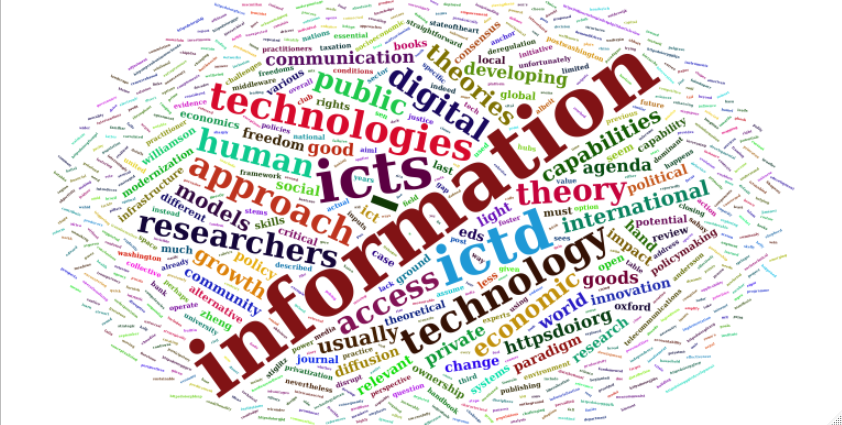
ICTs and Development Theories – II
Linking ICTs to development External researchers and experts poking into ICTD for the first time might assume that the field has, 30 years after its birth, a cohesive theory of how ICTs impact development. Unfortunately, that is not the case. If ICTD were a digital platform, we could conclude that its middleware is either missing…
-
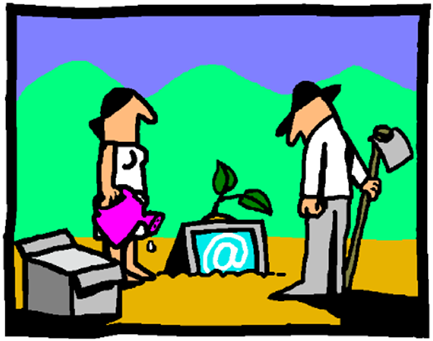
ICTs and Development Theories – I
ICTD overview The field of ICTD first saw the light over 30 years ago (selected references are provided at the end of the 2nd part of this post). Its overall scope is ambitious as it covers several sectors and thematic areas. Indeed, ICTD comprises three core elements: ICTs, development—yet another large and complex field—and an…
-
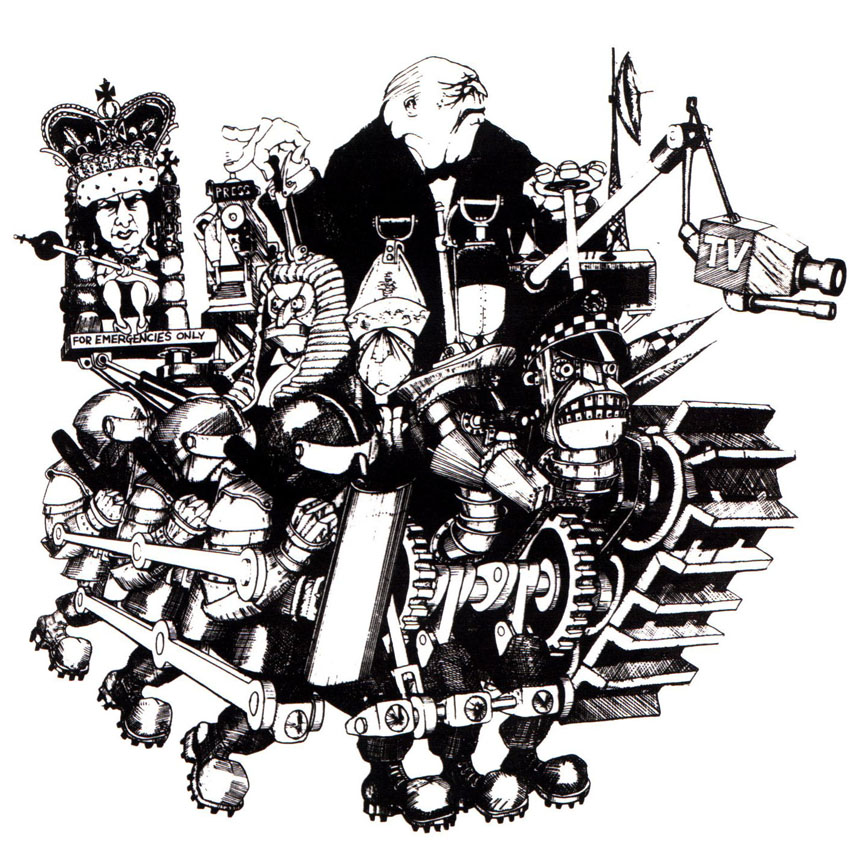
State Capacity and Digital Technologies – I
To the Moon and Back It was my elder sister’s 25th birthday when Apollo 11 landed on the moon. We watched the unprecedented event on B&W TV – our grandma openly expressing total skepticism. We then went out for a family celebration. Funny, I still vividly remember the restaurant where we dined, which, needless to…
-

Hacking Public Policy Making with AI
Modern Evidence-based Policy Making (EBPC) has been around for 25 years, imported into the mainstream from the health sector and its success with randomized controlled trials. The latter has now spread to many other sectors and research areas. A few years back, a couple of economists won the so-called Nobel prize for wholeheartedly embracing such…
